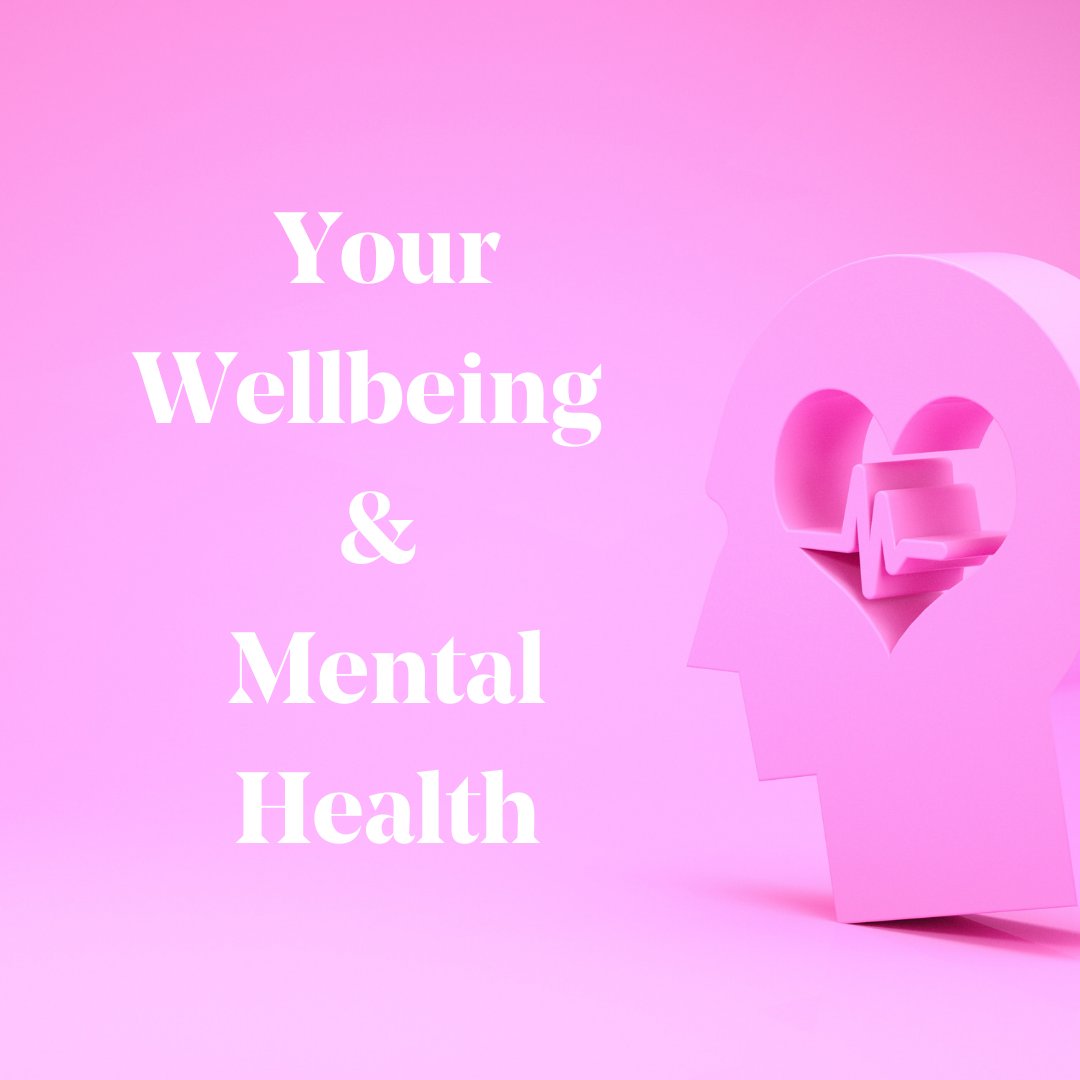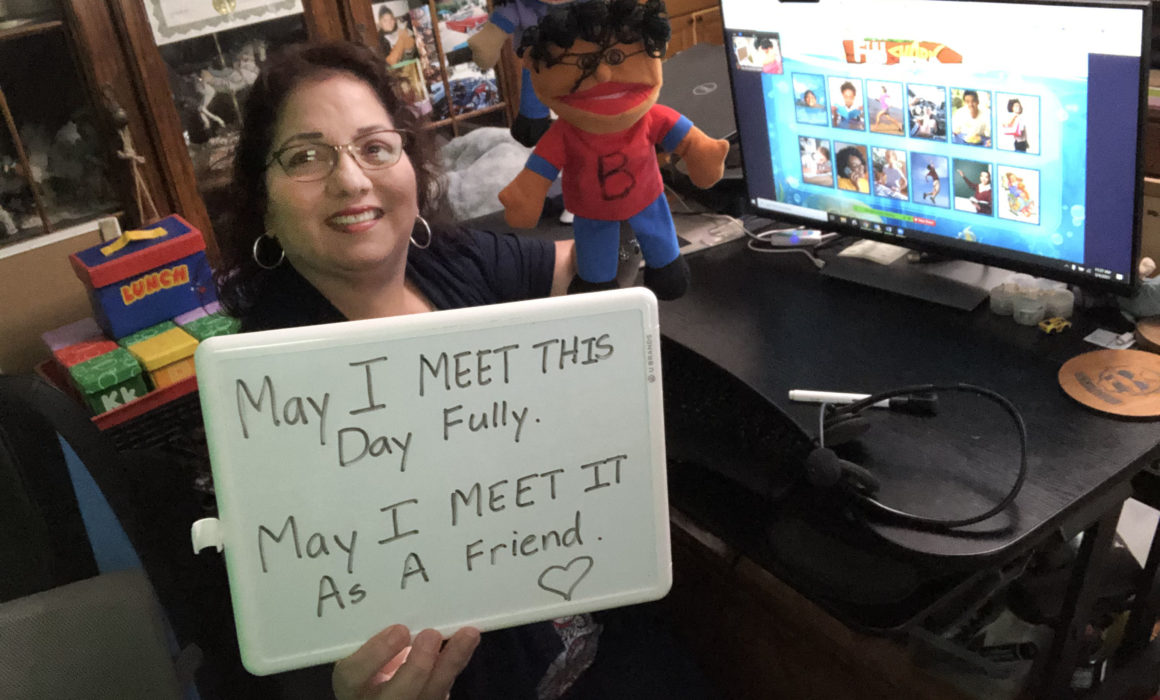
For Kristen Acosta, virtual instruction and online staff meetings have begun to blur; every day seems like Groundhog Day. At times she feels melancholy. “Being in crisis mode for a full year wears on you,” says the sixth grade teacher at Merlinda Elementary School in West Covina. “I miss my teacher friends, and I’m tired of teaching to a bunch of black squares because students don’t turn on their cameras. I’m stressed out. My blood pressure has risen.”
Adrienne Solorio, a resource teacher at Center Elementary School in Fairfield, has experienced migraines and anxiety. She stopped visiting social media sites, where people berate teachers for not returning to in-person learning, using terms like “lazy” and “selfish.” Meanwhile, the single mom works 12-hour days teaching from home and cares for her 7-year-old son.
Mary Wiegmann, president of Romoland Teachers Association, has been teaching a fourth and fifth grade combination hybrid class since August at Romoland Elementary School. Transitioning to different types of instruction — and meeting the needs of her stressed-out members — has given her anxiety and sleepless nights.
Whether working remotely, teaching in socially distanced classrooms, or combining online and in-person learning, educators are experiencing stress as never before.

Adrienne Solorio
EdWeek Research Center’s survey from November shows that teacher morale has plummeted during the pandemic. Of 817 teachers surveyed, three-quarters say their morale is lower than it was pre-pandemic. The survey says teachers are trying to be strong for their students and shielding them from their feelings of stress and burnout.
Educators say they are working harder than ever before — averaging eight hours a week longer during the pandemic, reports EdSource.
“Most nights I am working until my eyes don’t function,” says Solorio, a member of the Travis Unified Teachers Association. “Back in December I was having a hard time breathing. I thought I had COVID. I went to the doctor and found instead I was having a panic attack.”
“I have learned to worry about only the things I can control.”
—Kristen Acosta, Teachers Association of West Covina
Working in survival mode
Acosta, a member of the Teachers Association of West Covina, says she is sometimes online from 7 in the morning until 5 at night, plus she is supervising her 15-year-old who is home doing online school.
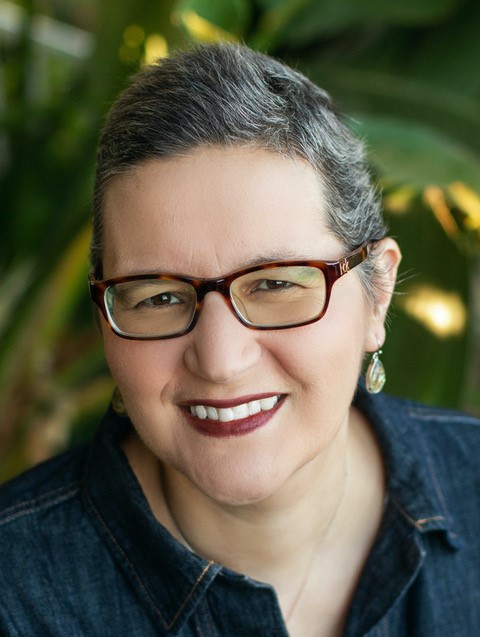
Kristen Acosta
“It’s a roller coaster of emotions. I’m questioning my every move. Nobody has written a handbook on this, and I haven’t taken courses on how to teach remotely. I’m trying to engage kids on the computer. And now we’re being told there will be standardized testing.”
She finally decided to make time for herself and go for walks in the morning before she begins teaching from home. At midday she makes a point of going outside for a few minutes of sunshine.
“I have learned to worry about only the things I can control,” she says. “I tell my students that we are always faced with adversity, and how we react to that adversity builds character.”
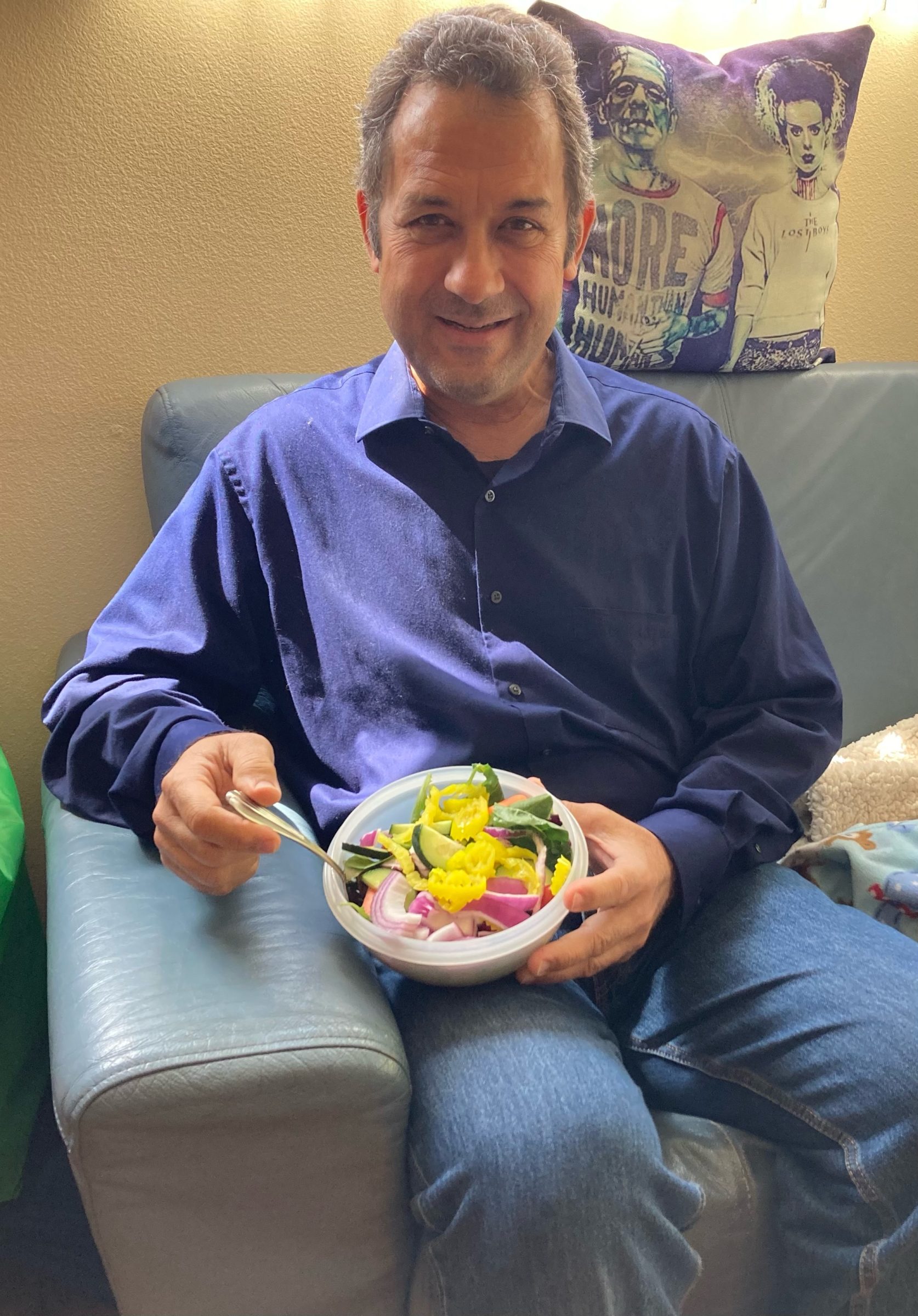
Perry Shields cut out junk food and eats healthy to help stay positive.
Teachers say that as the pandemic continues, students are less engaged in learning, which makes them feel anxious and worried.
“There was a big push in the beginning of the year for students to have their cameras and microphones on,” says Perry Shields, a drama and film appreciation teacher at Oscar de la Hoya Ánimo Charter High School in Los Angeles. “But there’s so much activity going on at home with noise and parents and siblings walking around, it’s not possible. Students, understandably, didn’t want to broadcast their homelife. But it’s very difficult for me to gauge their understanding.”
Shields tends to be his own worst critic and focus on what he is doing wrong. Lately, the Asociación de Maestros Unidos member reminds himself that he’s doing the best he can under extremely challenging circumstances. And he’s given up junk food and is eating healthier to stay more positive.
“If you don’t take time to replenish yourself, you can’t take care of your mental health. And if you can’t take care of your mental health, you can’t take care of your students.”
—Laura García López, Alameda Education Association
Boundaries and emotions
As challenges have increased for families struggling with income loss, illness and emotional problems, some teachers have felt overwhelmed.
“It’s been hard for me to absorb what these families are going through in this crisis,” says Laura García López, a speech and language therapist for the preschool program at Love Elementary in Alameda. “My families are having very hard times, and I’ve been absorbing some of their sadness. I have learned that I don’t always have to offer them a solution. Sometimes you have to just be a really good listener. I tell them that we will get through this together.”
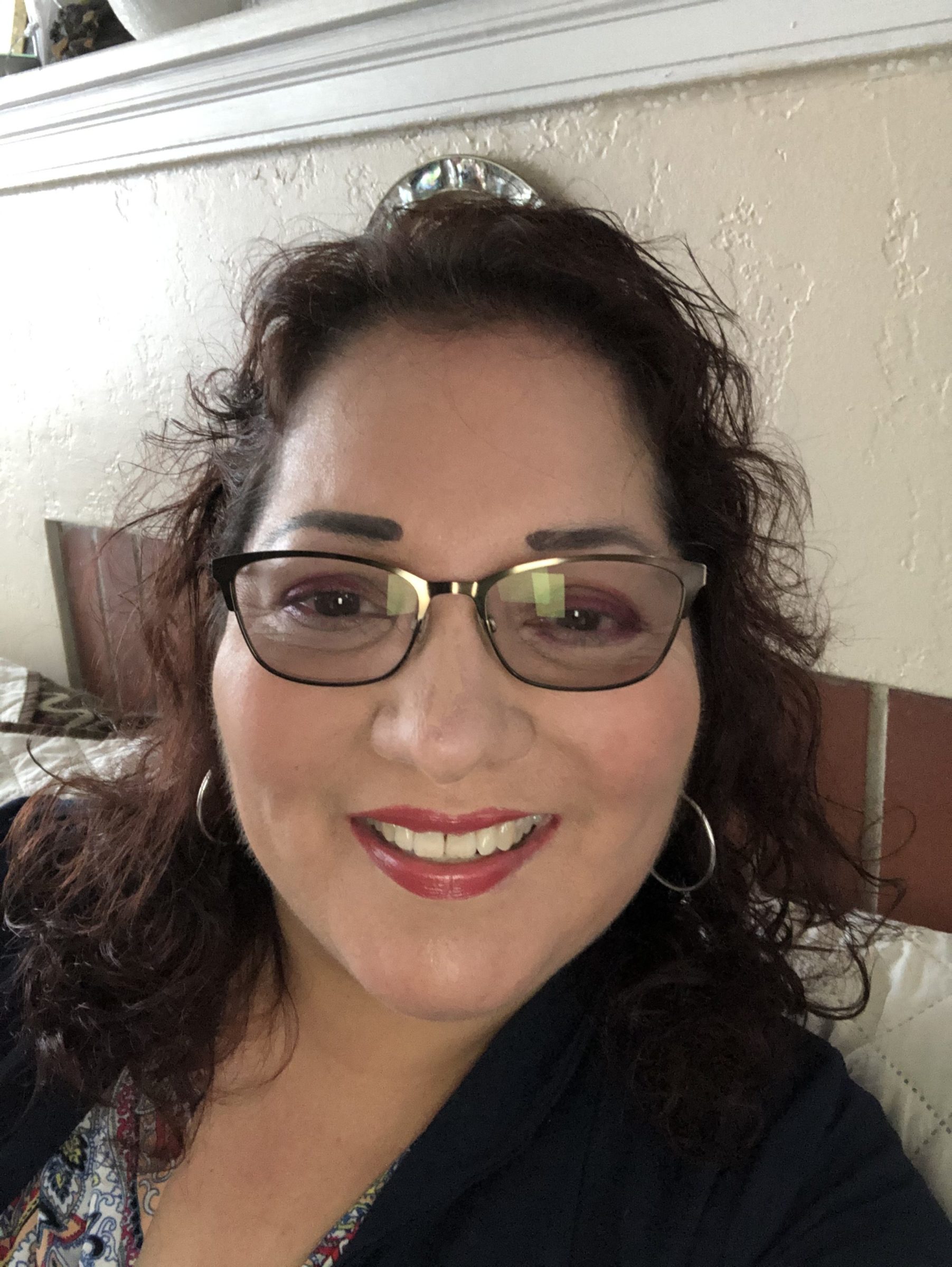
Laura García López
García López, a member of Alameda Education Association, is trying to regulate her emotions by thinking things through before taking action.
“In the beginning of the pandemic, things were happening so fast I felt I was jumping around like Whac-A-Mole and putting out fires,” she says. “Now, I am trying to take a more pragmatic approach. I think about how I want to respond to a stressful situation, rather than just impulsively react to it.”
She’s also reaching out to groups of like-minded educators for support and setting boundaries, such as having a separate workspace at home and walking away from it at the end the workday.
“Sometimes we feel we can’t say no. Or we feel that we should work nonstop and be martyrs and think something is wrong with us if we don’t work 12- or 14-hour days. If there’s one thing I’ve learned in the pandemic, it’s that if you don’t take time to replenish yourself, you can’t take care of your mental health. And if you can’t take care of your mental health, you can’t take care of your students.”
“In times of stress, I list all the things that went wrong. Next, I list all the things I’m thankful for. I usually remember far more wonderful things than negative.”
—Mary Wiegmann, Romoland Teachers Association president
Juggling takes a toll
For CTA leaders in a pandemic, it’s very stressful. They are not only teaching in new ways, but also making decisions that won’t please everybody. Wiegmann, president of the Romoland Teachers Association, is stretched thin. Numerous meetings were held to negotiate the return to school in March for hybrid instruction — how to implement safety measures, such as dividing students into cohorts, arranging classrooms to provide for social distancing, and putting plastic partitions between students.
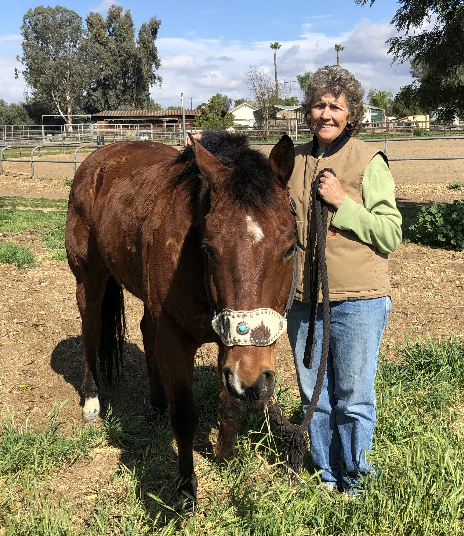
Riding horses helps Mary Wiegmann relieve some of her stress as she juggles teaching and leadership during the pandemic.
“I have just one day a week release time to handle RTA business, but during the pandemic it has required much more than that. I make time to listen and connect with my members. Each one is unique, and no two teachers are dealing with the exact same things in a pandemic. It’s a lot of responsibility. I want our association to make the right decisions for our entire membership, not only for this year but for years to come.”
Wiegmann relieves stress by talking with family and friends and riding her horses. She also tries to focus on the positive rather than the negative when she is feeling overwhelmed.
“In times of stress, I list all the things that went wrong. Next, I list all the things I’m thankful for. I usually remember far more wonderful things that have happened than negative.”
“New habits and new friends have helped me to get through this — as well as not responding to parents and administrators 24/7.”
—Mary Garrison, Association of Colton Educators
Backlash hurts morale
When the pandemic first hit, teachers were hailed as heroes. Parents declared they never knew teachers worked so hard and called them miracle workers.
But over time admiration has waned, say teachers. Parents have become frustrated with online learning — as well as with hybrid scheduling where students are in the classroom on a part-time basis — because it interferes with parents’ schedules. Some teachers feel as though they are working under a microscope, with parents listening to them and interrupting to ask questions or make comments.
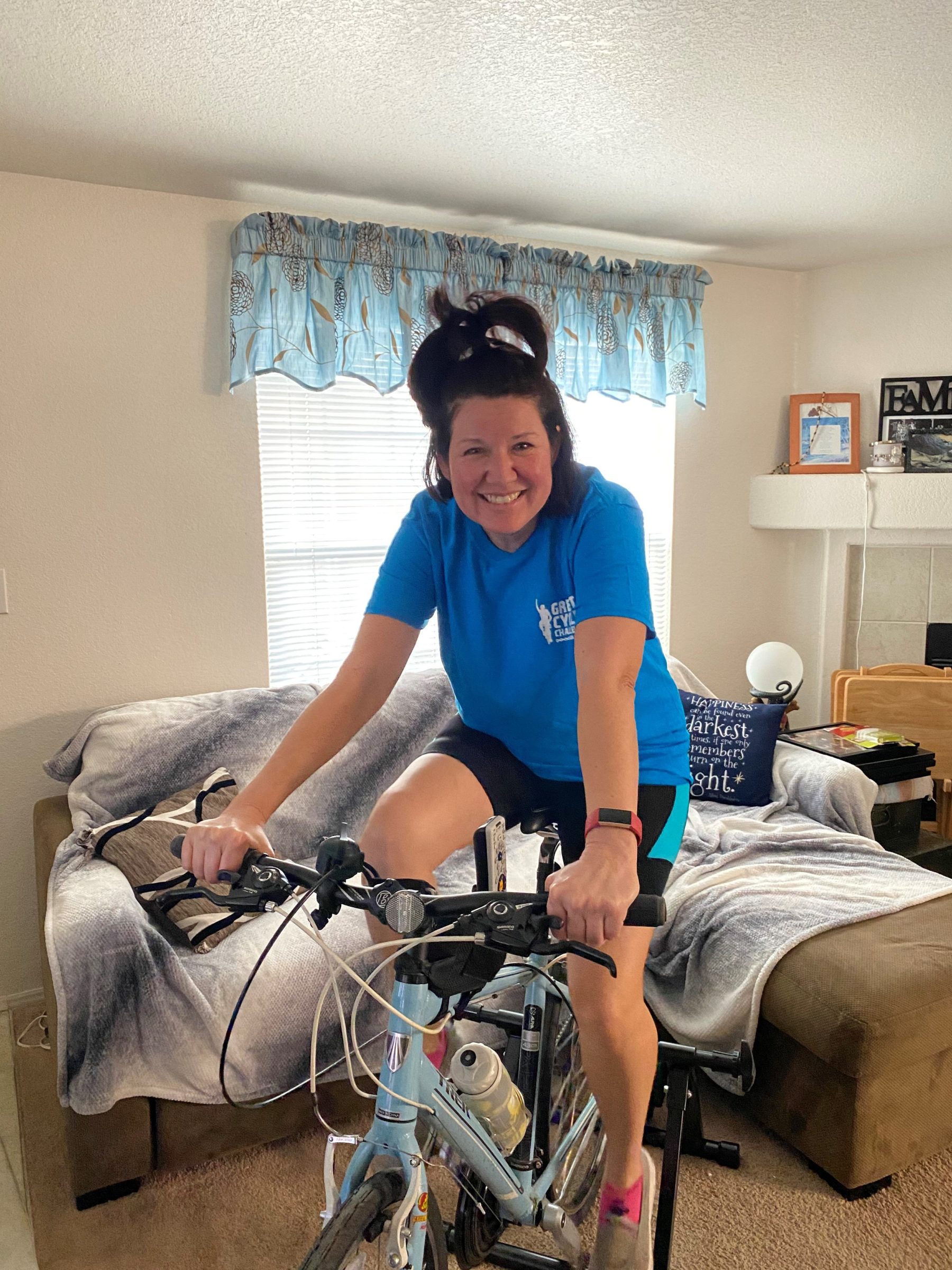
During the pandemic Mary Garrison has lost 30 pounds by exercising and making better food choices.
Mary Garrison, resource specialist at Cooley Ranch Elementary School and a member of the Association of Colton Educators executive board, has seen community members blast educators on social media. As a parent of a child in the school district, she is part of the parent Facebook group, but is now taking a break from it for the sake of her mental health.
“It’s not safe for me to have 10 people from different households over, but they think I should be in a classroom with 30 kids from different households,” she observes. “They are angry because they want their kids back in school and for things to go back to the way they were before the pandemic.”
Garrison copes with the stress of the political divide — and her greatly increased workload — by focusing on what she can control: her health.
“When the pandemic started, I was 30 pounds heavier and on blood pressure medication. I started exercising on my stationary bike and making better food choices. I joined a movie club where a group of friends watch movies over Zoom every week and then socialize. I created a group chat on an app where teachers can help each other and be a team. New habits and new friends have helped me to get through this — as well as not responding to parents and administrators 24/7.”
Putting things in perspective
Byron Greenberg, a clinical psychologist who works with CTA’s Survive and Thrive program to help educators experiencing burnout, advises teachers not to take things personally.
“Anger is precipitated by frustrations. COVID has undone a lot of expectations and produced a significant amount of anger. As teachers, you know your goals are positive and you are not perfect but doing your best. Parents aren’t really angry at teachers; they’re just angry. It’s not a personal thing or a slight on you personally. Don’t let this impact your self-esteem.”
Greenberg also suggests that educators who are experiencing anxiety, stress, depression or other mental health issues take advantage of their district’s Employee Assistance Program and seek professional help from a therapist.
“There is a tremendous amount of self-sacrifice in teaching, but I implore teachers to take care of themselves,” he says. “You cannot pour from an empty cup, so please make sure to invest some of your energy in your mental, physical and spiritual well-being.”
Stay Sane and Positive
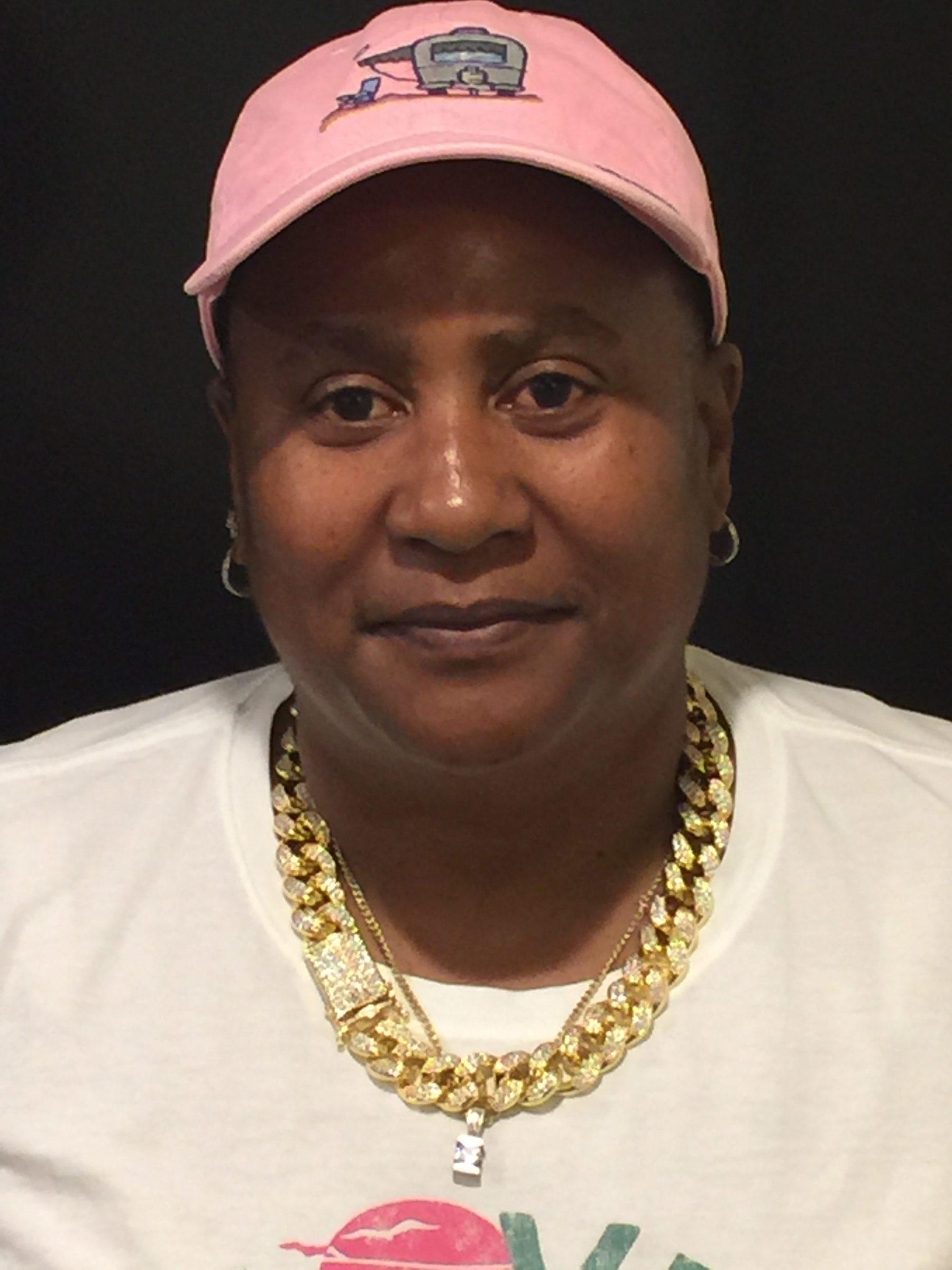
Phyllis Hall
Phyllis Hall, a psychologist and counselor at Long Beach City College, encourages educators to remind themselves of some important facts if they are feeling blue. The Long Beach City College Faculty Association member suggests the following:
- Remember we do amazing work. We transform lives. We educate people from all walks of life and help them find success. That is a talent not everyone has.
- Keep in mind that this, too, shall pass. While the pandemic has lingered, it won’t last forever.
- Set reasonable expectations for yourself and others. Remind yourself that there are things outside of your control and that you are doing your best in difficult times.
- Set aside a cheerful, dedicated workspace if you are working from home.
- Seek support from your peers. Reach out with calls, emails or Zoom — even though we’re all Zoomed out! Don’t isolate yourself.
- Do things that make you happy. Exercise. Enjoy the sunshine and get some vitamin D. Stretch. Go for walks. Meditate. Do yoga. And don’t forget to breathe.
CTA’s New Wellness Center!
With your well-being and mental health in mind, CTA has just launched a new Wellness Center. Multiple resources and tips especially for educators can help you cope with the mental and physical stresses of both the classroom/school and life during a pandemic. Check it out at cta.org/wellnesscenter.
